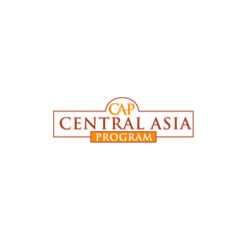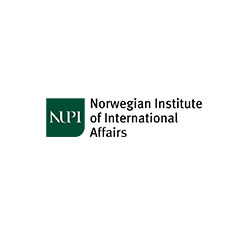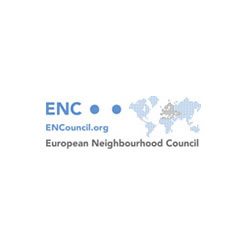Implementation
Centre for European Security Studies (CESS)
The Centre for European Security Studies (CESS) is an independent institute for research and training, based in Groningen, the Netherlands. CESS seeks to advance security, development, democracy and human rights by helping governments and civil society face their respective challenges. CESS is an international, multidisciplinary and inclusive institute. Its work is part of the European quest for stability and prosperity, both within and outside Europe. CESS encourages informed debate, empowers individuals, fosters mutual understanding on matters of governance, and promotes democratic structures and processes.
CESS was established in 1993 by Prof. Dr Peter Volten, University of Groningen. CESS is a non-governmental organisation, which also undertakes think tank activities through research. In the 1990s, it played a pioneering role in the democratic transition of security sectors in Central Europe. In the 2000s, CESS continued researching on security and democratisation, as well as carrying out training and awareness-raising activities in the Western Balkans, Eastern Europe, the South Caucasus, Central Asia and Turkey. More recently with the incorporation of EUCAM, CESS is expanding its attention and research activities to Central Asia.
Partners
The Central Asia Program (CAP)
The Central Asia Program (CAP) is hosted by The Institute for European, Russian and Eurasian Studies (IERES) at the Elliott School of International Affairs, George Washington University, Washington DC. The CAP develops policy-oriented research on Central Asia and provides a space for discussion connecting policy, academic, diplomatic, and business communities. Its research activities focus on four main axes: security, development, state-building, and regional environment. The Programme organises monthly seminars, regular forums and conferences and regularly hosts fellows from Central Asia.
The Norwegian Institute of International Affairs (NUPI)
The Norwegian Institute of International Affairs (NUPI) is a leading centre for research on international issues in areas of particular relevance to Norwegian foreign policy. NUPI has three main pillars of research and expertise: security and risk, growth and development, and international order and governance. NUPI devotes substantial attention in its research to Central Asia, for instance in analysing developments in energy security. International scholars from around the world attend the Institute as guest researchers or visiting fellows, including scholars from Central Asia on a regular basis. NUPI is an important forum for discussion and debate in Norway and internationally, and organizes frequent meetings and events – lectures, seminars, and conferences. NUPI was established by the Norwegian Parliament in 1959: The institute is a state body under the Ministry of Education and Research, but operates independently as a non-political institution in all its professional activities.
European Neighbourhood Council (ENC)
European Neighbourhood Council (ENC) is an independent think tank that conducts research and implements projects with a view to strengthen the common European neighbourhood. ENC seeks to foster dialogue and neighbourhood coordination among European Union (EU) member states, EU accession countries, European Neighbourhood Policy (ENP) countries and Central Asia. Through research, events and partnerships we aim to narrow the foreign policy gap between EU member states, neighbouring countries, and wider Europe. Through these efforts we aim to enhance democracy, security, economic growth, and education, while guaranteeing a stable, diverse and developing European neighbourhood. Represented cross-regionally by it’s Academic Council, ENC scholars provide a guiding platform for our activities.
The OSCE Academy
Through the partnership between CESS and the OSCE Academy, EUCAM is also closely cooperating with the latter. The mission of the OSCE Academy in Bishkek is to promote regional cooperation, conflict prevention and good governance in Central Asia through offering post-graduate education, professional training and intellectual exchange. The Academy pursues its mission through particular set of activities, including: providing expert training and education; conducting demand-driven and practice-oriented research; supporting the exchange of information and scientific co-operation; and establishing and developing a regional network of professionals and researchers.






